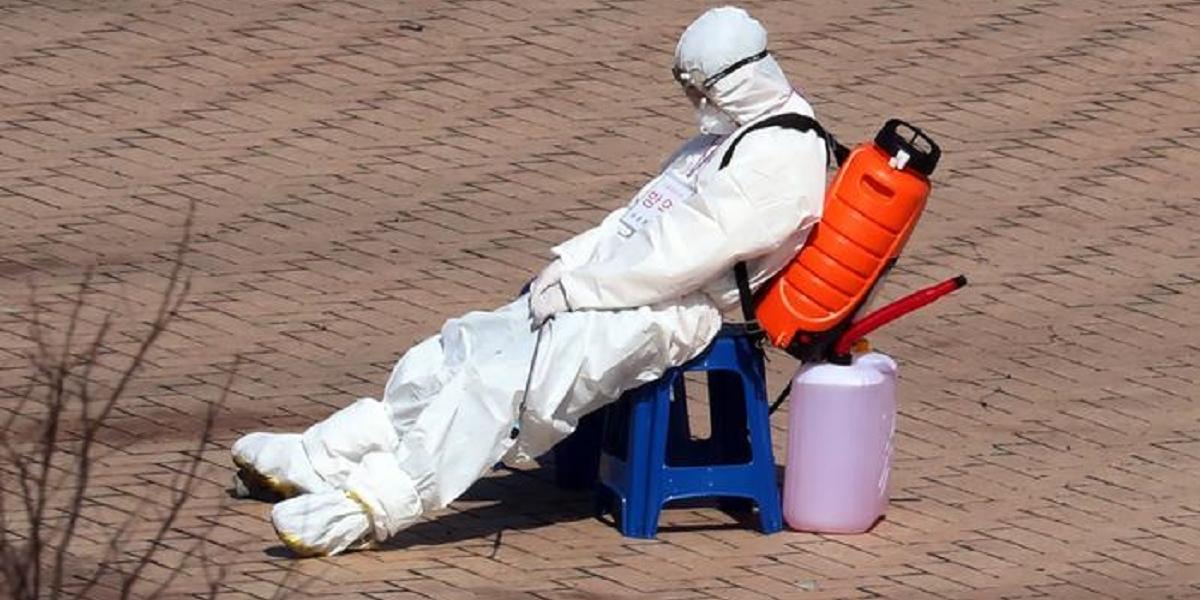Africa Press-Nigeria:
Coronavirus (COVID-19) is the worst crisis the world has experienced since the Second World War. It is also the worst health crisis since the Spanish flu in 1918.
The impact of COVID-19 is being felt in different spheres of life. There is no doubt that it has and it will continue to alter the way we live and do business.
Nations have been left poorer due to decreased or loss of income. A recovery strategy is needed. As the world grapples with attempts to beat back the impact of COVID-19, this is the right moment to count the costs while chatting a life with and post-COVID-19 recovery. Not doing so would be downright myopicism whose outcome is nothing but a perpetuation of the impact of the crisis.
The first priority is, of course, saving human lives which should be the baseline of any social and economic recovery in living with or after COVID-19. It is critical that governments prioritise their people, improving their welfare and preserving the human capital. This is important because the people are the primary and major source of any economic recovery. They are the first capital required to recover or boost economies.
Looking after them entails keeping them healthy, fed, alive and capable of providing labour at whatever levels of the economic spectrum. This should not be seen as political but the reality of the order of things.
The more people are infected and affected by the pandemic, the less likely economies are able to recover and the higher the welfare burden the government will have to shoulder when they are supposed to focus on economic investment than expenditure.
It is even worse when the working age group is the worst affected demographic group as this will mean their dependants will become government responsibility. With proper planning, these can be avoided.
The second priority is for governments to think outside the box. After the Second World War, several initiatives kicked in, some of them global, some national and others bilateral.
Global governance institutions were established to facilitate, coordinate and support recovery. This included International Finance Institutions to finance this global project. The tenets of colonisation were reframed into what has turned out to be development today.






